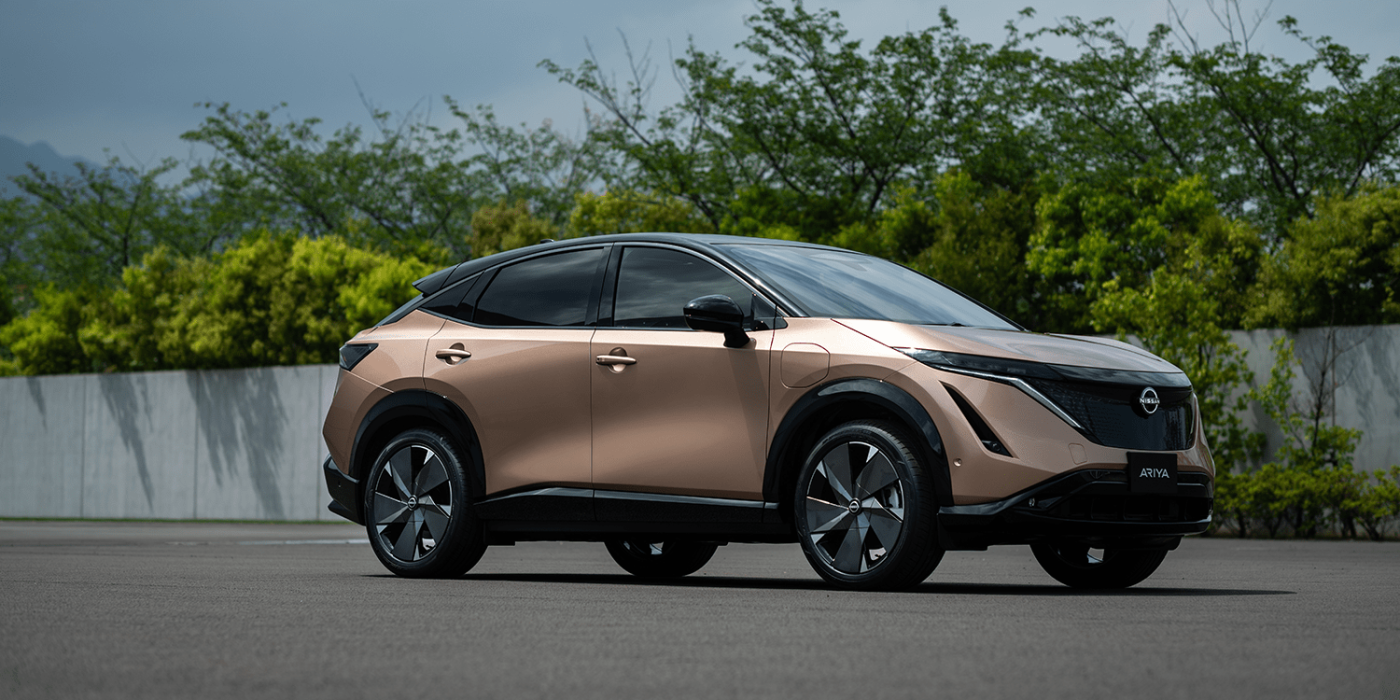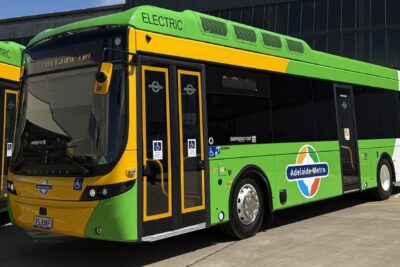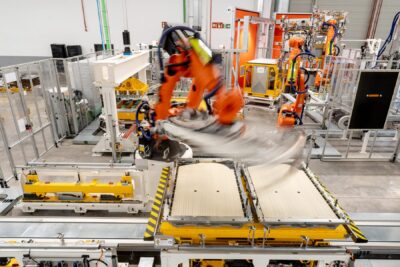All Nissan models electrified from early 2030s
Nissan has announced plans to electrify every new model in Japan, China, the US and Europe from the early 2030s. The carmaker also plans to accelerate the introduction of electric and hybrid cars in China under its main brand and its Chinese brand Venucia.
The goal of electrifying every new model in Japan, China, the US and Europe in around ten years fits Nissan’s ambition to become CO2-neutral by 2050, also in terms of the life cycle of its products.
Nissan is flanking its plan with further announcements but without further details. The merger of the car companies PSA and FCA under the name Stellantis will mean that the automakers will be able to rely on three electric car platforms. In addition to the existing platforms eCMP and eVMP, according to a new report from Italy, a base developed by FCA will also trade for larger electric cars.
The new PSA architecture is to serve the entire alliance. After the Alliance’s recent restructuring announcements, Nissan said it would concentrate on the Asian and North American market with rumours going as far as to say they would withdraw from continental Europe. However, just this week the future of the British Nissan plant in Sunderland was secured in the long term due to a trade agreement reached between the UK and the EU. In return, the Japanese automaker is even investing in the English site.
Now, with this latest report from Reuters, it has become clear that Nissan is striving for battery innovations and mentions solid-state batteries and related battery technologies as examples. Nissan says that these are the prerequisite for developing cost-effective and more efficient electric vehicles. The Japanese company also wants to develop the hybrid drive e-Power further to achieve higher energy efficiency.
One of the sources cited by Reuters said: “With regionalisation now replacing globalisation, we have to improve the cost competitiveness of all the components and technologies that go into a car by going totally local.” For example, batteries for Nissan’s e-Power models will be locally developed and sourced from China’s Sunwoda Electric Vehicle Battery Co.
Cautiously aiming for modest growth, one source said that Nissan aims to outpace the overall Chinese market for cars and light commercial vehicles, which Nissan expects to grow by about 10% to 25 million vehicles by 2025. Innovations in manufacturing processes and the development of a battery ecosystem with a focus on decentralised power generation for buildings with renewable energy sources are to help on the road to CO2 neutrality.
Nissan is also revising its China strategy to introduce electric and hybrid cars to the world’s largest car market. Late last year, Nissan revealed that it only plans to sell electric and hybrid cars in China from 2025. The decision to electrify its entire model range in China follows the emerging ban on the registration of pure combustion engines in China from 2035.
In this most recent report, Reuters cites four anonymous sources, who have said that the Japanese company plans to accelerate the market launch of electric cars in China under the Nissan and Venucia brands. According to the report, Nissan plans to launch the all-electric Ariya and the Sylphy with the e-Power hybrid powertrain in China this year.
According to Reuters, at least one new Nissan model will be launched on the Chinese market every year until 2025, most of them with electric or hybrid drive. Among others, the Nissan X-Trail is also to be getting the e-Power drive.
Reuters also writes that Venucia is to become a brand for particularly affordable electric cars citing two of the four insiders. The idea is to offer new electric cars at a much lower price than the current Venucia e30 is based on the Renault City K-ZE and starts at 61,800 yuan, which is the equivalent of just under 7,900 euros.
Dongfeng Motor Company Limited (DFL) will continue to play a central role in Nissan’s China strategy. The Chinese joint venture between Dongfeng and Nissan announced in November plans to introduce at least 17 electrified models of the Dongfeng, Nissan, Venucia and Infiniti brands by 2023. DFL is also said to increase the share of electrified models in its total sales to 30 per cent by 2024 and manufacture key components for vehicle electrification locally increasingly.
Under the new China plan, parts developed and sourced locally will go far beyond bumpers, seats and lamps to include more complex technologies such as sensors and electric inverters. By producing more locally, Nissan is said to be looking to reduce manufacturing costs. Nissan declined to make an official comment to Reuters regarding its China strategy.





1 Comment